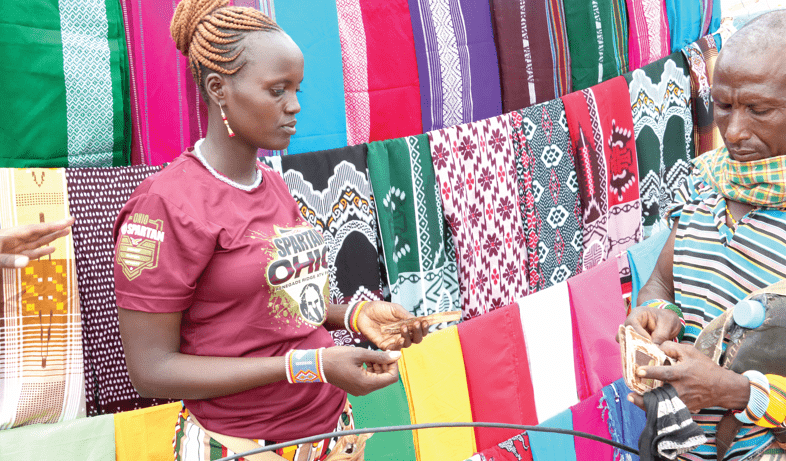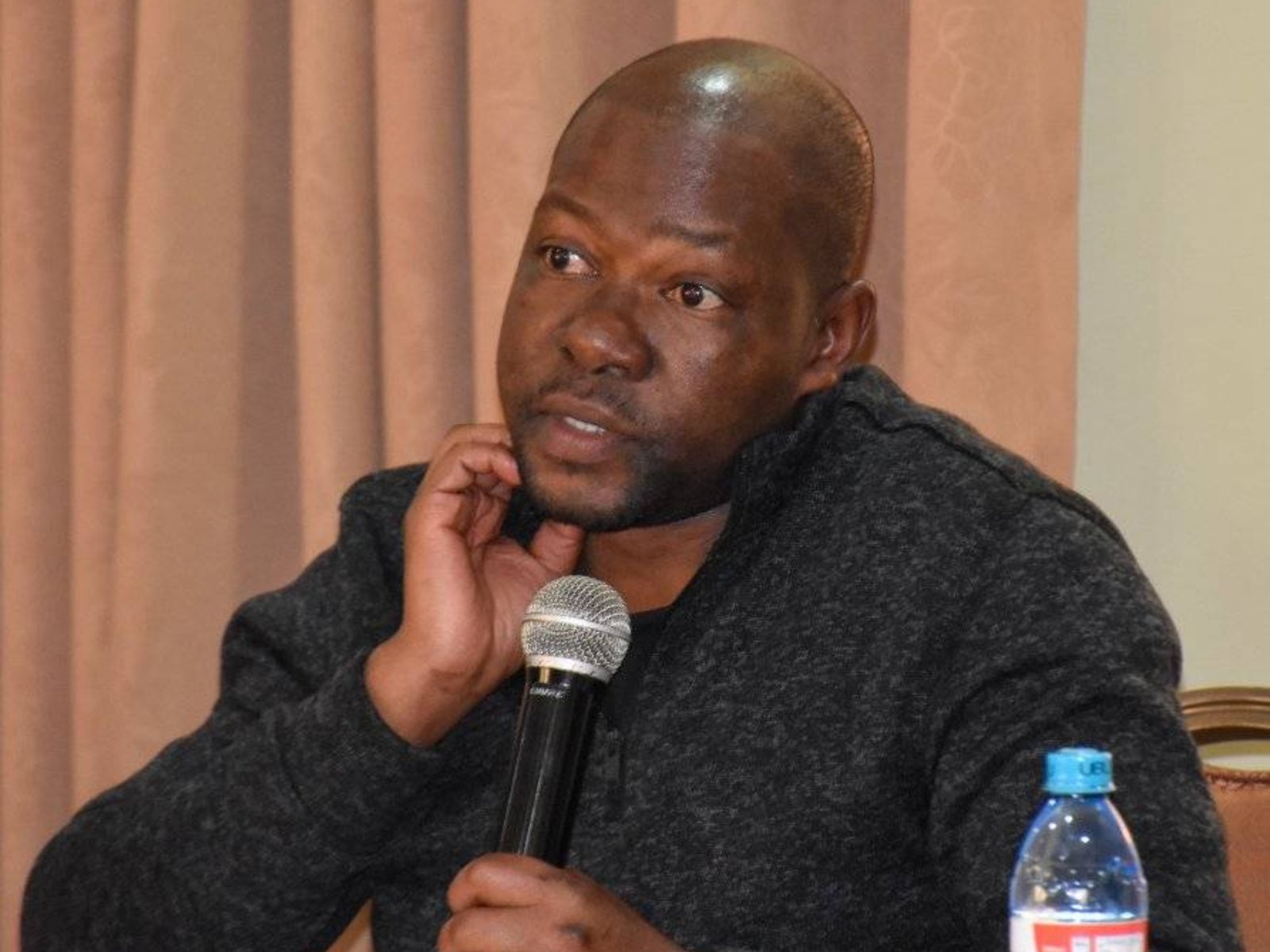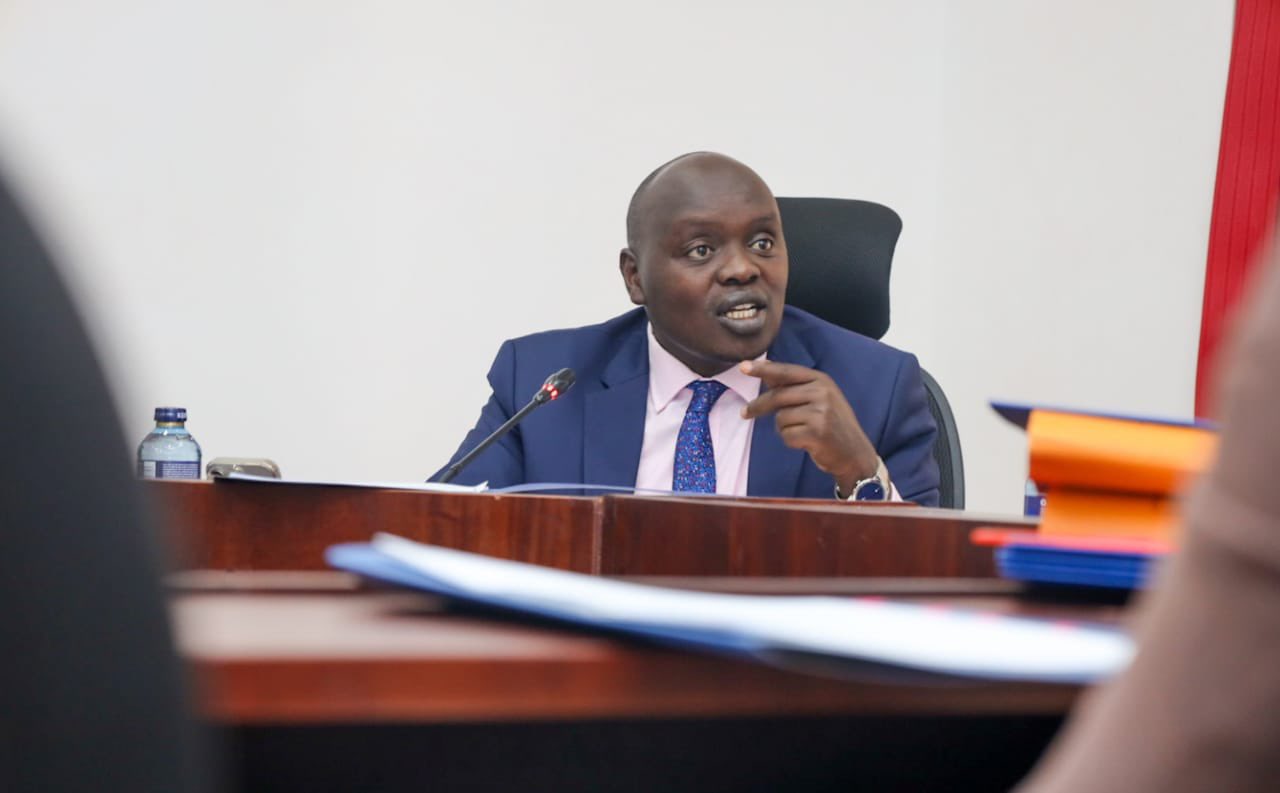How Samburu women groups grapple with biting poverty

For decades, thousands of Samburu county residents have been grappling with extreme poverty harming their children’s health, social and emotional well-being.
Characterised by sub-standard housing, hunger, homelessness, inadequate childcare, unsafe neighbourhoods, and under-resourced schools, the county is rated among the fourth poorest counties in the country after Isiolo, Lamu and Tana River according to a recent listing by Kenya Bureau of Statistics (Kebs).
With a population of 310,327 according to the 2019 census, livestock farming constitutes the bulk of the economy of Samburu County, with over 60% of the population practicing pastoralism and 30% practicing agro-pastoralism.
Due to poor access to water and sanitation, poor hygiene practices and poor diet, many children from the vast county have been suffering from acute malnourishment.
For Sayon Lisirite, a 28-year-old mother of four children, her 3-year-old daughter forms part of the malnutrition statistics having struggled with the challenge that nearly made her susceptible to illnesses.
Livestock management
Like her fellow community members who rely on livestock management as their primary source of income, Lisirite could grapple with despondency every drought season as she could not be able to meet the basic demands of her children.
“Life used to be very hard for me and my family as my children could miss out on milk during dry seasons when the livestock migrated elsewhere in search of pasture. One of my daughters suffered acute malnutrition as a result and this got me thinking,” she said. Her life would however take another turn a year ago after USAID Nawiri embarked on sustainably reducing levels of persistent acute malnutrition through a poverty alleviation initiative dubbed Project’s Rural Entrepreneur Access Project (REAP). Entailing 16 to 24 months of sequenced interventions with a clear exit strategy and rigorous criteria for success, REAP saw communities nominate their poorest, most vulnerable members, who were empowered to start small business groups.
Draft business plans
The initiative taught the women how to draft business plans before they started receiving cash grants in groups of three women each to immediately start small businesses. Driven by her dedication to turn her economic misfortunes around, Lisirite took a step of faith, mobilized two similarly poor women and together they formed a group.
They would receive financial and life skills training and mentorship to manage and grow their business before they were given Sh30,000 to venture into a business of their choice. The Naponu Business Group began by selling sheep, a venture that flourished and within no time, they were able to secure enough capital to start a clothes-selling and a retail shop.
Today, the clothes-selling shop which Lisirite runs has a turnover of over Sh 100,000 while others are also stable. From the proceeds of the three business enterprises, the members are able to contribute to a savings pool, which they use to access funding to cope with shocks or to invest in expanding their business.
“This initiative has really helped me graduate from poverty to a serious businesswoman. I am now able to meet my benchmarks for food security. I have a sustainable livelihood and a capital that can see me through. In fact, we are planning to stop selling on retail and instead expand our vision to a wholesale enterprise,” jovial Lisirite told journalists while at her Merille open air market stall.
The USAID funded consortium led by Mercy Corps involves measuring and maximizing the potential for REAP to be a source of nutrition resilience for the wider community.
So far, at least 9,000 residents in 3,000 groups have benefited from the program enabling them to increase their household income, increase savings, increase retention of their children to school and significantly reduced acute malnutrition persistence in the arid region.
Initially, children, adolescent girls, and women of reproductive age would suffer from preventable and treatable diseases, which compounded their vulnerability.
USAID Nawiri has however gone beyond hu-manitarian assistance to sustainably reduce levels of Persistent Acute Malnutrition (PAM) in Samburu and Turkana counties through a sequenced, lay¬ered set of interventions, aiming to meet the multidimensional needs of ultra-poor households.







